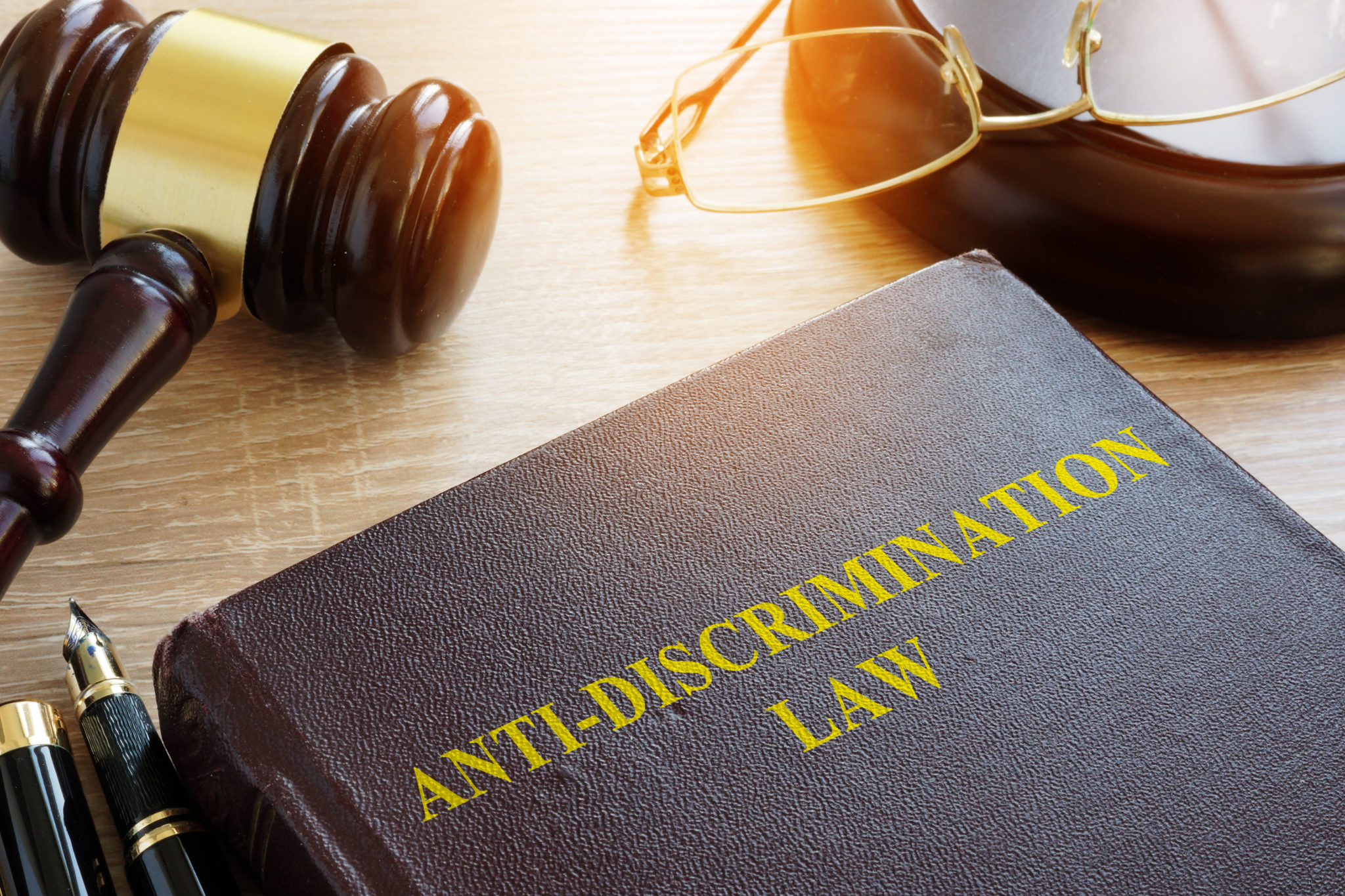Ninth Circuit: Section 1981 Prohibits Hiring Discrimination Against U.S. Citizens Based on Their U.S. Citizenship
Recently, in Rajaram v. Meta Platforms, Inc., the U.S. Court of Appeals for the Ninth Circuit held that 42 U.S.C. § 1981 bars discrimination against U.S. citizens in hiring decisions when such decisions are made on the basis of their U.S. citizenship. The holding directly conflicts with a prior federal appellate decision, which had concluded that the statute does not protect citizens from citizenship discrimination, and the resulting circuit-split on the issue could lead to ultimate review by the U.S. Supreme Court. The holding may also lead to similar additional lawsuits by U.S. citizens against American companies that employ foreign workers.
Statutory & Case Background
Section 1981(a), entitled “Statement of equal rights,” provides that “[a]ll persons within the jurisdiction of the United States shall have the same right . . . to make and enforce contracts . . . as is enjoyed by white citizens.”
The statute grew out of two Reconstruction-era laws. One of those laws, as the Supreme Court has written, was principally designed to “eradicate the Black Codes,” i.e., discriminatory sets of laws enacted by Southern legislatures imposing civil disabilities on newly freed slaves. That law covered “citizens” of any race or color, with the aim of ensuring that all citizens could enjoy the same contractual rights enjoyed by white citizens. The second law, as the Supreme Court has explained, was written in response to California legislation restricting the rights of Chinese immigrants, and it extended the protections of the first law to “all persons,” i.e., to both citizens and noncitizens.
In Rajaram, the plaintiff filed a putative class action against Meta Platforms, Inc. (“Meta”), the parent company of Facebook, Instagram, and WhatsApp, alleging that Meta violated § 1981 by refusing to hire him and other U.S. citizens because of the company’s preference for hiring noncitizens holding H-1B visas, to whom it can pay lower wages. (The H-1B program allows U.S. employers to hire qualified foreign workers for specialty occupations, and has often been associated with technology and engineering jobs, and especially with certain Silicon Valley companies.)
The district court dismissed the plaintiff’s complaint, concluding that § 1981 does not bar discrimination based on U.S. citizenship. According to that court, the statute protects primarily against racial discrimination, with “race” extending to cover alien status (i.e., non-U.S. citizen status), but not to claims of reverse citizenship discrimination.
Arguments in Rajaram
On appeal, Rajaram argued, inter alia, that the statute on its face broadly and unambiguously protects “all persons,” which must necessarily include U.S. citizens. Plaintiff also contended that the Supreme Court’s reasoning in McDonald v. Santa Fe Trail Transportation Co., which held that § 1981 extends to claims of reverse racial discrimination, logically applies to claims of reverse citizenship discrimination.
Plaintiff further argued that public policy weighs in his favor, since allowing citizenship-based discrimination claims by non-citizens but not by U.S. citizens would contribute to the displacement and unfair treatment of American workers.
Meta counterargued, inter alia, that § 1981’s text makes clear that U.S. citizens do not fall within the classes of people protected under the statute, because the citizenship-related guarantee built into the law refers to an equalizing of rights up to the level of rights enjoyed by “white citizens,” thereby showing that the statute’s citizenship-related protections were intended to bar discrimination only against non-citizens. Meta also contended that legislative history confirmed that the statute’s primary focus was racial discrimination, and that although the statute’s “all persons” language does allow all persons (regardless of citizenship) to sue under the statute, nothing in the statutory history supports the theory that U.S. citizens can claim § 1981 discrimination for their status as non-aliens.
Further, Meta said that precedent also confirmed its position, citing district court decisions adopting a narrow interpretation of the statute (including Southern and Eastern District of New York rulings that § 1981 does not bar discrimination based on American citizenship), as well as the Fifth Circuit’s decision in Chaiffetz v. Robertson Research Holding, Ltd. In that Fifth Circuit case, the appellate court held that while discrimination against U.S. citizens can form a basis for a “national origin” discrimination claim under separate antidiscrimination law, such conduct does not constitute discrimination on the basis of “alienage,” i.e., foreign citizenship, and is therefore not a valid basis for a claim under § 1981.
The Ninth Circuit Reversal
Siding with Rajaram, the Ninth Circuit reversed the lower court’s dismissal, holding that § 1981 prohibits employers from discriminating against U.S. citizens on the basis of their citizenship.
According to the court, the statute was clear on its face: An employer that discriminates against U.S. citizens gives noncitizens “a greater right to make contracts than ‘white citizens,’” such that it would not be true that “‘[a]ll persons’ have the ‘same right’ to make contracts as ‘white citizens,’” which is “precisely what the literal text of the statute prohibits.” The court thus rejected the notion that the rights of “white citizens” are “merely the floor to which the rights of ‘[a]ll persons’ are raised.” Thus, according to the court, “when Congress wrote ‘the same’ rights,” it really meant “the same,” not “at least as great as” those of white citizens. The statute “states a principle of parity between ‘all person’ and ‘citizens,’” the guarantee of which would be violated “[i]f noncitizens have greater rights than citizens.”
The Ninth Circuit further noted that the McDonald Court’s reading of § 1981 governed the issue and reinforced its conclusion. “If white persons as well as nonwhite persons can sue to enforce” the statute’s guarantee to all persons of the same right as is enjoyed by white citizens, “then so too can citizens as well as noncitizens.”
Key Takeaways
The holding in Rajaram differs from that of the only other federal appellate court to consider the issue. Given this circuit-level split in the law, it is likely that the U.S. Supreme Court will eventually end up having to resolve the question.
In the meantime, the decision could lead to an increase in the number of discrimination lawsuits filed by U.S. citizens against companies that hire temporary visa holders.
 This article is intended as a general discussion of these issues only and is not to be considered legal advice or relied upon. For more information, please contact RPJ Attorney Gregory Feit who counsels clients on employment law, litigation, arbitration, negotiation, and trial advocacy. Mr. Feit served is admitted to practice in New York.
This article is intended as a general discussion of these issues only and is not to be considered legal advice or relied upon. For more information, please contact RPJ Attorney Gregory Feit who counsels clients on employment law, litigation, arbitration, negotiation, and trial advocacy. Mr. Feit served is admitted to practice in New York.

